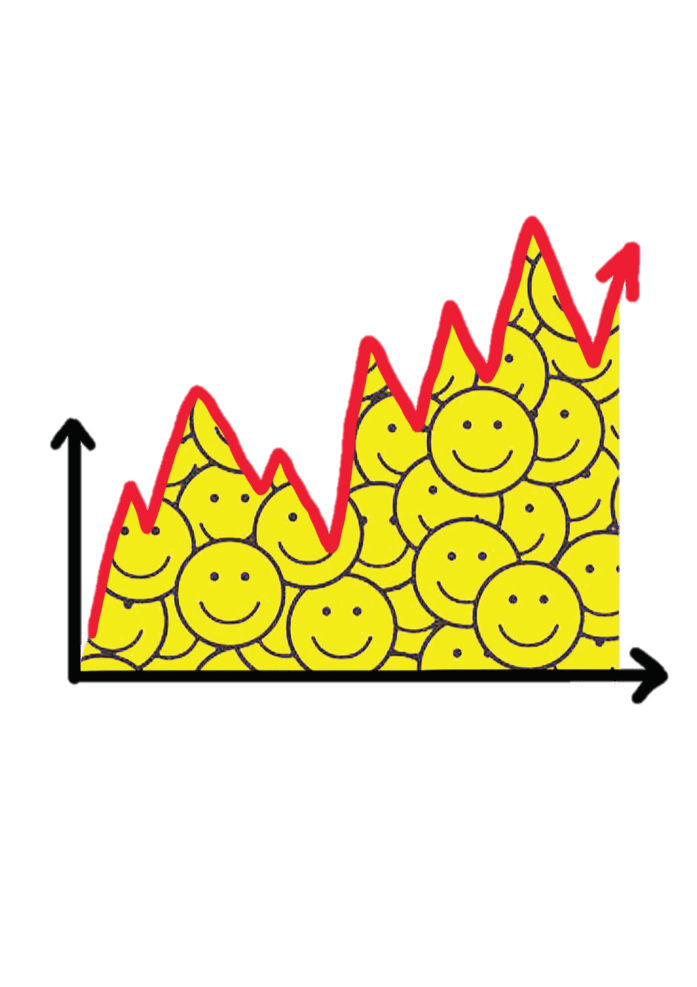A new study, ‘Data trust and data privacy in the COVID19 period’ published by researchers at the ANU, has revealed that, Australians have become more trusting of the ways governments and organisations deal with their data and privacy. This comes as an effect of the COVID-19 pandemic, which has seen many of our lives move online in 2020.
The study compared more than 3,200 Australians’ views on data privacy and security before and during the COVID-19 pandemic. Professor Nicholas Biddle, a co-author of the study, suggests that the increase in trust is strongly related to an increase of trust in the public service, and the various state, territory and federal Australian governments. According to Biddle, the findings provide a solid basis for the idea that trust in design policy and delivery interact in ways which either create vicious or virtuous circles of public behaviour, trust and public opinion.
The study measured Australians’ trust in organisations and governments in handling their data on a scale of one to ten, with ten indicating the highest level of trust. Trust had been found to have increased “across the board,” with the most trusted Australian organisation to be the Australian Bureau of Statistics . The largest increase of trust revealed in the study was the trust in companies used to make online purchases. This includes telecommunication and banking organisations, seeing an increase of approximately thirty percent.
Professor Biddle argues that the level of trust in the government strongly correlated to Australians’ trust in the COVIDSafe app. If an individual trusted the government, they were more likely to download the app onto their personal devices. 55 to 64 year olds were the largest demographic to have downloaded the app, while 18 to 24 year olds had downloaded it the least. The most common reason cited for downloading the app was because of the notion that it may help usher an end to social distancing restrictions more quickly.
The study forms part of the COVID-19 monitoring program in the ANU Centre for Social Research and Methods. To access the full report, go here.
We acknowledge the Ngunnawal and Ngambri people, who are the Traditional Custodians of the land on which Woroni, Woroni Radio and Woroni TV are created, edited, published, printed and distributed. We pay our respects to Elders past and present. We acknowledge that the name Woroni was taken from the Wadi Wadi Nation without permission, and we are striving to do better for future reconciliation.
